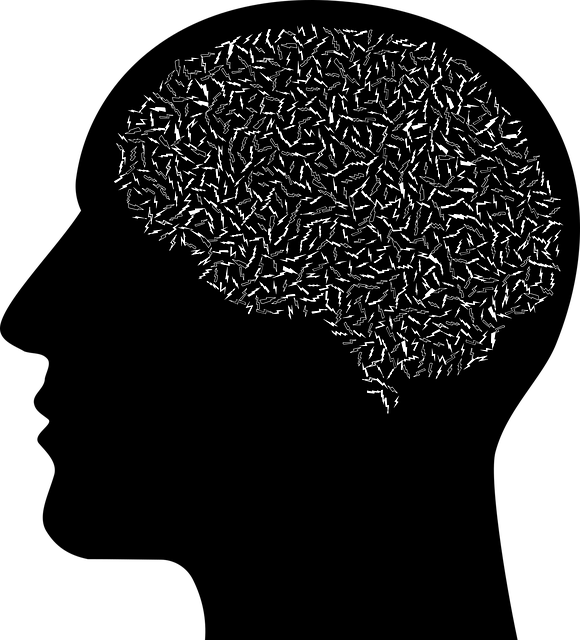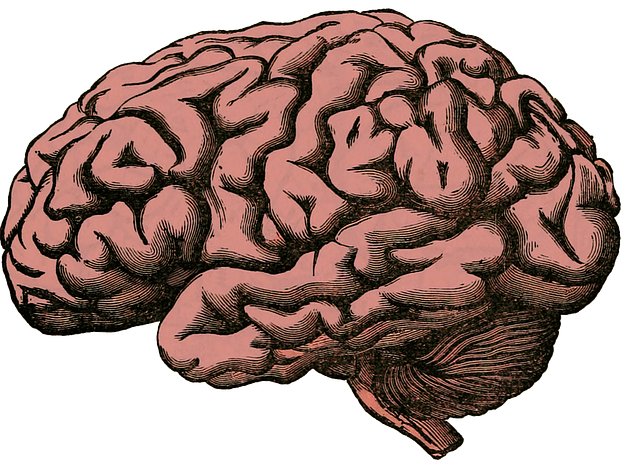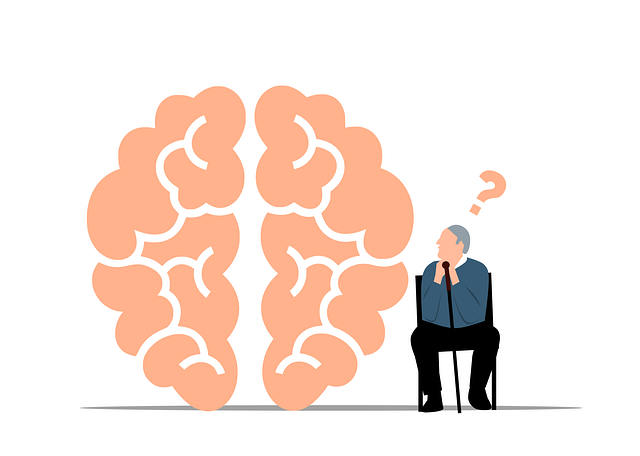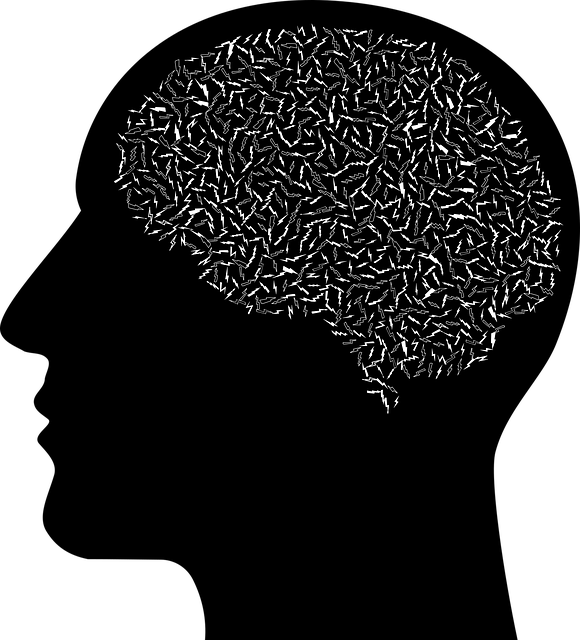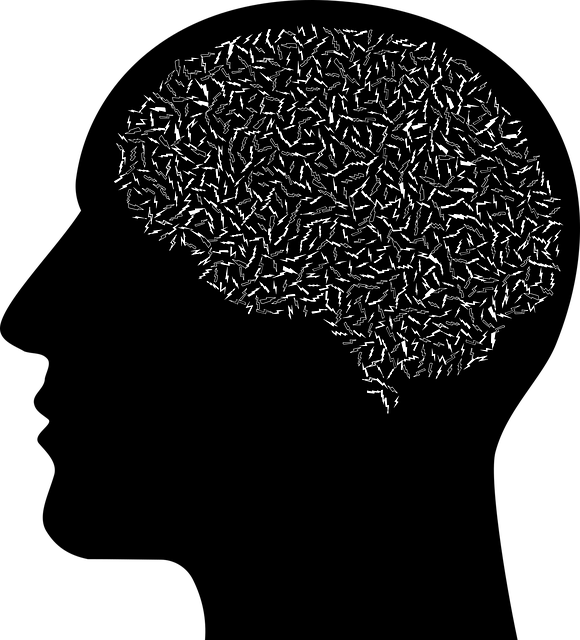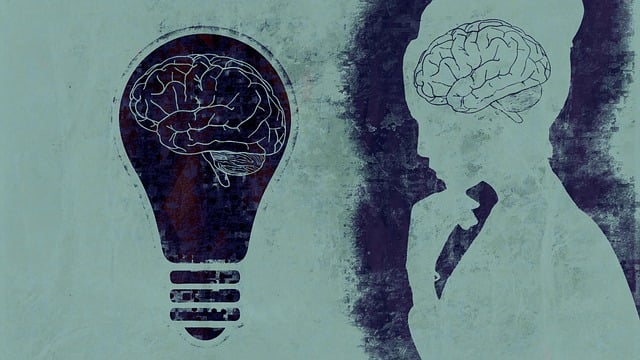Self-care is vital in our fast-paced world, and therapy for biofeedback offers an effective approach by teaching individuals to control involuntary bodily functions through sensor feedback, promoting relaxation and stress management. This practice fosters mental health, enhances well-being through improved sleep quality and emotional regulation, and builds empathy within communities. Incorporating daily self-care practices like exercise and mindfulness, guided by biofeedback therapy, can lead to holistic mental wellness improvements, measured through tracking physiological responses and goal reviews.
“Enhance your well-being journey with our comprehensive guide to improving self-care practices. In today’s fast-paced world, prioritizing self-care is paramount for overall health. This article delves into essential aspects, starting with understanding the foundational role of self-care in daily life. We explore biofeedback as a revolutionary therapy for enhancing routines and its impact on mental and physical health. Additionally, discover the power of therapy as a versatile self-care tool, offering tailored strategies for stress management. Learn practical tips to integrate consistent self-care into your schedule and measure success through tracking progress.”
- Understanding Self-Care: The Foundation for Well-being
- The Role of Biofeedback in Enhancing Self-Care Routines
- Exploring Therapy as a Powerful Self-Care Tool
- Practical Tips for Integrating Daily Self-Care Practices
- Measuring Success: Tracking Progress and Adjusting Your Approach
Understanding Self-Care: The Foundation for Well-being

Understanding self-care is the foundation for cultivating well-being and resilience in our fast-paced world. It involves intentional practices aimed at maintaining and enhancing both mental and physical health, enabling individuals to effectively manage stress, improve mood, and boost overall life satisfaction. Self-care isn’t a luxury but a necessity, acting as a buffer against the various demands and challenges of daily living.
One effective approach to strengthening self-care is through therapy that incorporates biofeedback techniques. Biofeedback, a form of therapy, teaches individuals how to gain control over involuntary bodily functions using real-time feedback from sensors. This method empowers people to manage stress responses, ultimately promoting relaxation and improving their overall sense of well-being. As public awareness campaigns development emphasizes, prioritizing self-care is crucial for fostering mental health and building empathy within communities, leading to a more compassionate society.
The Role of Biofeedback in Enhancing Self-Care Routines

Biofeedback is a powerful tool that plays a significant role in enhancing self-care routines and promoting mental wellness. This therapy for biofeedback involves learning to control certain bodily functions, such as heart rate, muscle tension, and skin temperature, which are often linked to our emotional states. By training ourselves to recognize these physiological responses, we can gain a deeper understanding of our stress levels and triggers, enabling us to make informed decisions about our self-care practices.
Incorporating biofeedback into daily rituals can lead to profound improvements in overall well-being. Through various techniques like relaxation exercises, meditation, and even advanced training in mental wellness podcast series production, individuals can develop a stronger connection between their minds and bodies. This heightened awareness allows for better stress management, improved sleep quality, and enhanced emotional regulation. Moreover, social skills training and positive thinking practices can be integrated into biofeedback sessions to foster a holistic approach to self-care.
Exploring Therapy as a Powerful Self-Care Tool

Therapy isn’t just for times of crisis; it’s a powerful self-care tool that can aid in preventing and managing various mental health issues, including depression. By engaging in regular therapy sessions, individuals gain valuable insights into their thoughts, feelings, and behaviors. Therapists provide a safe and non-judgmental space to explore emotional challenges, helping clients develop coping strategies tailored to their unique needs. Through techniques such as cognitive behavioral therapy (CBT) or biofeedback, individuals can enhance self-awareness exercises and learn emotional well-being promotion techniques to better navigate life’s ups and downs.
Consider therapy as a proactive measure for maintaining mental health and overall well-being. It offers a chance to develop resilience, improve communication skills, and gain a deeper understanding of oneself. Whether it’s uncovering underlying causes of stress or learning to manage anxiety, therapy provides a supportive environment where individuals can embark on a journey of personal growth and self-improvement.
Practical Tips for Integrating Daily Self-Care Practices

Incorporating daily self-care practices is a powerful way to cultivate mental wellness and overall well-being. A simple yet effective strategy is to set aside dedicated time each day for activities that nurture your mind, body, and soul. This could include engaging in physical exercise, practicing mindfulness through meditation or deep breathing exercises, or pursuing hobbies that bring joy and relaxation. Therapy for biofeedback can be a valuable tool here; it teaches individuals how to use their bodies’ natural feedback mechanisms to manage stress and anxiety. By combining this therapy with regular self-care routines, you create a holistic approach to mental health maintenance.
For those who struggle with communication strategies, incorporating self-care practices might require some trial and error. Be open to exploring different techniques until you find what works best for you. Cultural sensitivity in mental healthcare practice is also essential; ensuring your self-care rituals align with your cultural background can make them more meaningful and sustainable. Whether it’s a walk in nature, keeping a gratitude journal, or engaging in creative outlets, the key is consistency. Start small, make it a habit, and watch as these simple acts of self-care transform into powerful tools for enhancing your mental wellness journey.
Measuring Success: Tracking Progress and Adjusting Your Approach

Measuring success is an integral part of improving self-care practices. It involves tracking your progress to understand what’s working and what needs adjustment. Many individuals find therapy for biofeedback beneficial in this regard, as it teaches mindfulness techniques that help monitor physiological responses to stress. By integrating mind over matter principles, you can gain deeper insights into how your body reacts to various self-care strategies. Regularly reviewing your goals and noting down changes in your emotional well-being, energy levels, and overall health allows for a more tailored approach.
Consider participating in structured programs like stress management workshops organized by reputable organizations or enrolling in social skills training to complement your self-care journey. These initiatives often include tracking mechanisms that help you assess the effectiveness of different practices over time. Through this process, you can make informed decisions about how to fine-tune your self-care routine, ensuring it remains aligned with your unique needs and aspirations.
Self-care is not just a trend; it’s an essential practice for navigating life’s challenges. By understanding the foundational importance of self-care, leveraging tools like biofeedback and therapy, and integrating practical tips into daily routines, individuals can achieve greater well-being. Regular tracking of progress enables adjustments, ensuring that self-care becomes a dynamic, effective strategy for enhancing quality of life. So, take charge of your mental and physical health by prioritizing self-care practices, and consider exploring therapy or biofeedback as powerful tools to support this journey.
